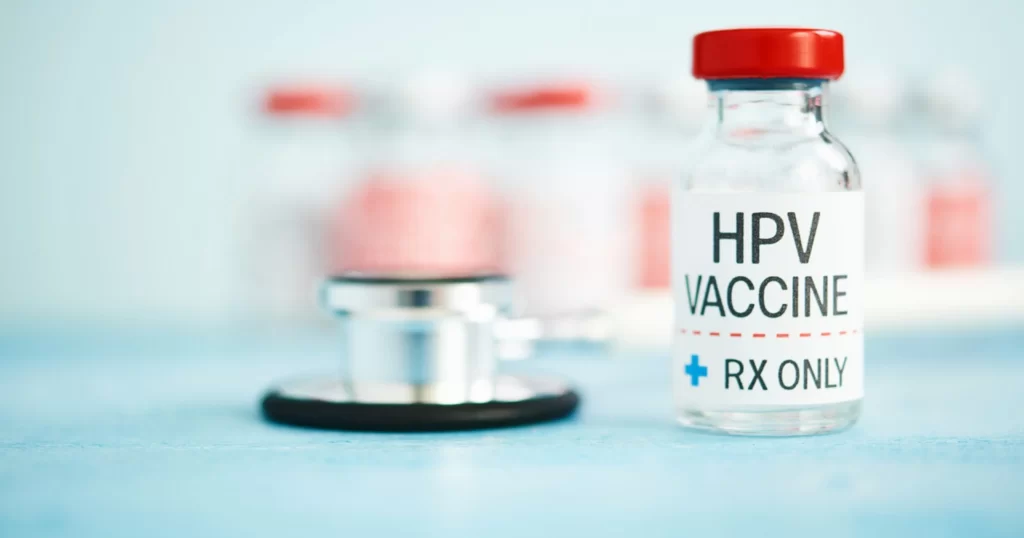Abuja, Nigeria – The Federal Government of Nigeria has secured six million doses of the Human Papillomavirus (HPV) vaccine, gearing up to launch a nationwide vaccination campaign aimed at girls aged nine to 14 on October 24, 2023. The move is a crucial step to combat the silent threat of cervical cancer.
The Executive Director and Chief Executive Officer of the National Primary Health Care Agency (NPHCDA), Dr. Faisal Shuaib, revealed this at a press briefing in Abuja. The vaccine, notably a single dose of Gardasil HPV vaccine, has received approval from the National Agency for Food and Drug Administration and Control (NAFDAC).
HPV is a prevalent sexually transmitted infection and a primary cause of various cancers, particularly cervical cancer. Cervical cancer is the second most common cancer among women aged 15 to 49 in Nigeria, contributing to approximately 12,075 new cases each year.
Dr. Shuaib stressed that HPV infection is a high-risk factor for cervical cancer, implicated in 95 percent of cases. Nigeria records a staggering 12,000 new diagnoses and 8,000 lives lost annually due to cervical cancer, equivalent to 33 new cases and 22 deaths every day.
The HPV vaccine comes as a vital preventive tool, yet regular screening tests for early detection and treatment are also encouraged for women.
Dr. Shuaib outlined the comprehensive preparations for the vaccine rollout, stating, “Over the past several months, the NPHCDA, in close collaboration with the Federal Ministry of Health and our dedicated partners, has diligently executed a comprehensive plan to introduce the HPV vaccine. We have secured over six million doses of the HPV vaccine and essential supplies.”
The vaccination campaign will be conducted in two phases. The initial phase will cover 16 states, while the second phase is scheduled for the first quarter of 2024 and will encompass the remaining states.
According to the NPHCDA CEO, in each phase, a comprehensive five-day campaign will be launched, targeting schools, communities, marketplaces, government-owned health facilities, and other public places.
These efforts are focused on reaching girls aged nine to 14 and will be followed by routine vaccination within health facilities for the same age group. The plan is to transition to full routine immunization with the HPV vaccine, prioritizing girls aged nine and older by 2025.
Prof. Mojisola Adeyeye, the Director General of NAFDAC, confirmed the safety and efficacy of the Gardasil vaccine and its registration approval by NAFDAC. She explained that Gardasil is recommended for girls and boys aged 11 to 12 years but can be administered as early as nine or as late as 26 years. The decision to deploy Gardasil as a single-dose regimen is based on scientific evidence demonstrating its efficacy against cervical cancer.
Prof. Adeyeye stated that, “Data from immunogenicity trials and post-licensure observational studies have demonstrated that a single dose of HPV vaccine offers similar protection against initial and persistent HPV infection as a multi-dose regimen, and may contribute to improved coverage.”


